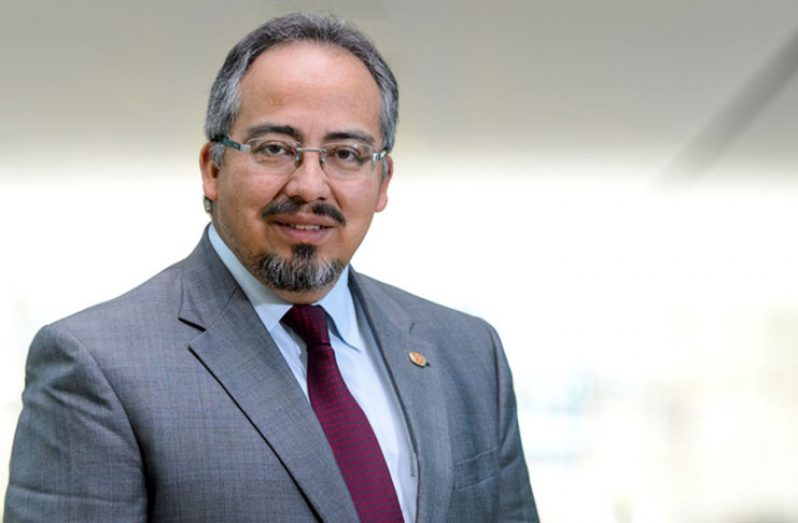–UNAIDS says four of five people with HIV in Caribbean accessing antiretroviral therapy
MORE than four of five people living with HIV in the Caribbean who know their HIV status are accessing antiretroviral therapy, however, late diagnosis of HIV infection remains a challenge, according to UNAIDS.
In its most recent report – Ending AIDS: progress towards the 90–90–90 targets, which was released ahead of the International Conference on HIV Science – late diagnosis particularly among men remains a major problem, in addition to access to treatment for young people and key populations.
“The percentage of people on treatment with suppressed viral load is also well below the global average,” UNAIDS noted, however, it stated that “Caribbean countries are using revised tendering and purchasing processes and pooled procurement to lower the cost of antiretroviral medicines and to counter declines in external funding for AIDS responses”.
While there is a strong indication that the Caribbean could reach the testing and treatment targets that will put it on course to end its AIDS epidemic, UNAIDS emphasised that it must accelerate its response.
According to Ending AIDS: progress towards the 90-90-90 targets, in order to speed up progress, the region must improve strategies to ensure more people living with HIV are diagnosed and that there are higher levels of viral suppression among those on treatment.
“The region has achieved remarkable progress in expanding HIV services,” said UNAIDS Regional Support Team Director for Latin America and the Caribbean, Dr. César Núñez. “We need to continue work to ensure that we leave no one behind.”
The report gives detailed analysis of progress and challenges toward achieving the benchmarks set to help the world achieve the Sustainable Development Goal target of ending the AIDS epidemic by 2030.
These targets are for 90 per cent of all people living with HIV to know their status, 90 per cent of diagnosed people to access sustained antiretroviral treatment and 90 per cent of all people accessing treatment to achieve viral suppression by 2020.
GAP REMAINS
The Caribbean has achieved strong progress related to getting people living with HIV on treatment and reducing deaths due to AIDS, but gaps remain. In the region, 81 per cent of the people living with HIV who know their status are accessing antiretroviral therapy.
This means the region as a whole is doing a fairly good job at starting people on treatment following diagnosis. Haiti is the only country in the region to have achieved the second target–at least 90 per cent of diagnosed people on treatment.
HIV treatment coverage has contributed to a 52 per cent decline in AIDS-related deaths in the Caribbean over the last decade.
Another positive note is that the scale has tipped and more than half of all people (52 per cent) living with HIV in the region is on antiretroviral therapy. However, there is still a significant proportion of people (48 per cent) not yet accessing treatment.
The region is lagging behind on HIV testing and viral suppression. Progress must be accelerated for the Caribbean to achieve the 90-90-90 targets that will set it on course to end the AIDS epidemic by 2030.
Thirty-six per cent of the people living with HIV in the Caribbean are not aware of their HIV status. It was noted that community-centred strategies are urgently needed to reach those who have not yet been diagnosed.
Calls are also being made for the Caribbean to improve efforts to keep people in care, once they have started treatment and to ensure treatment is successful.
Only about half of people accessing antiretroviral therapy in the Caribbean had access to routine viral load testing. In 2016 one-third (33 per cent) of those on treatment were not virally suppressed.
“Viral suppression” means that people living with HIV have been treated to lower the level of HIV in their blood to undetectable levels. This protects their health while preventing transmission of the virus. Notably, several countries are getting closer to reaching the target. Three of four people on treatment achieved viral suppression in Barbados, Dominica, Guyana, Suriname and Trinidad and Tobago.
Dr. Nunez emphasised that “community health workers and civil society are critical to securing early HIV diagnosis and successful treatment”. The report called for greater community involvement in Caribbean health-care provision in order to reach the 90-90-90 targets.



.jpg)











